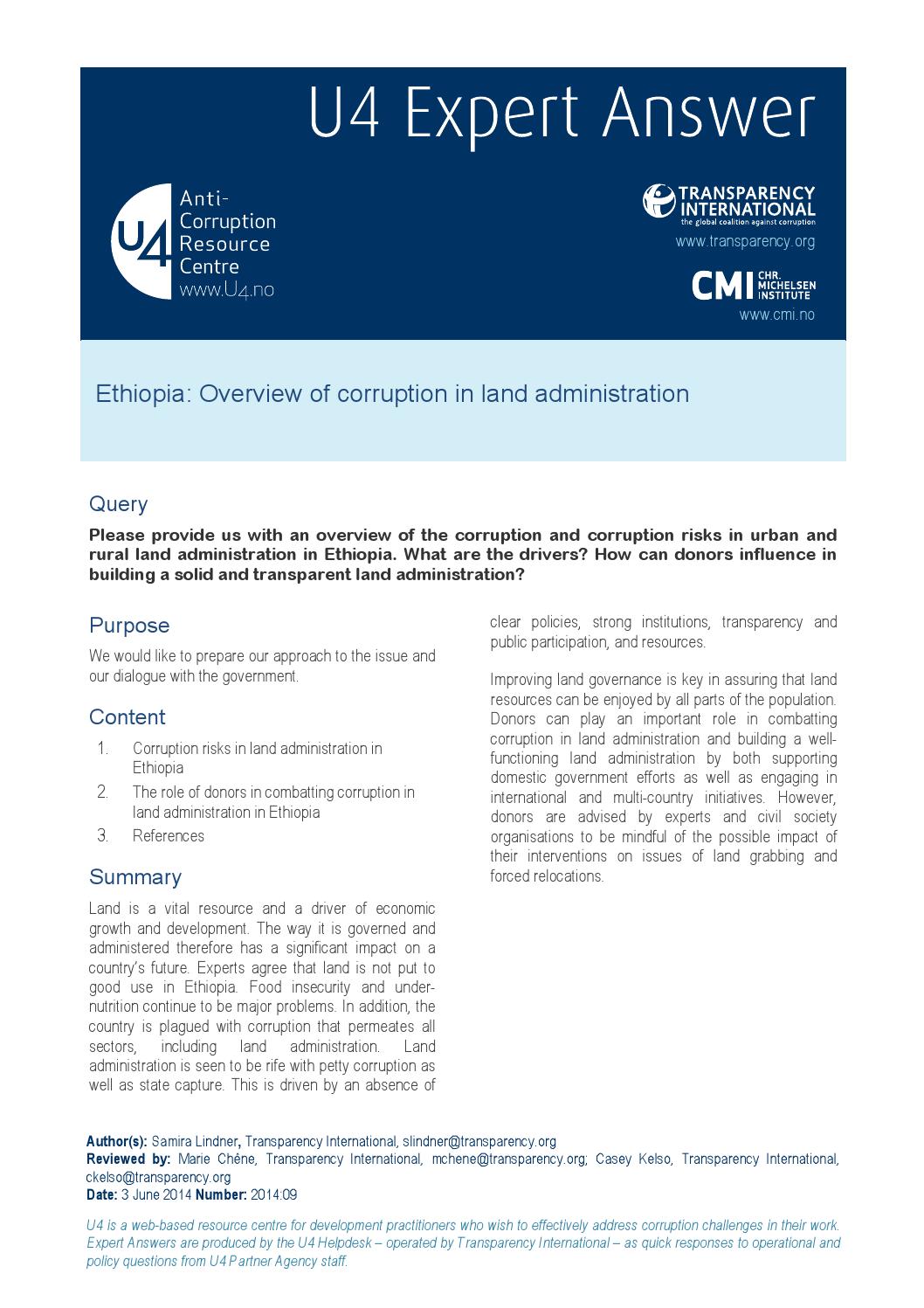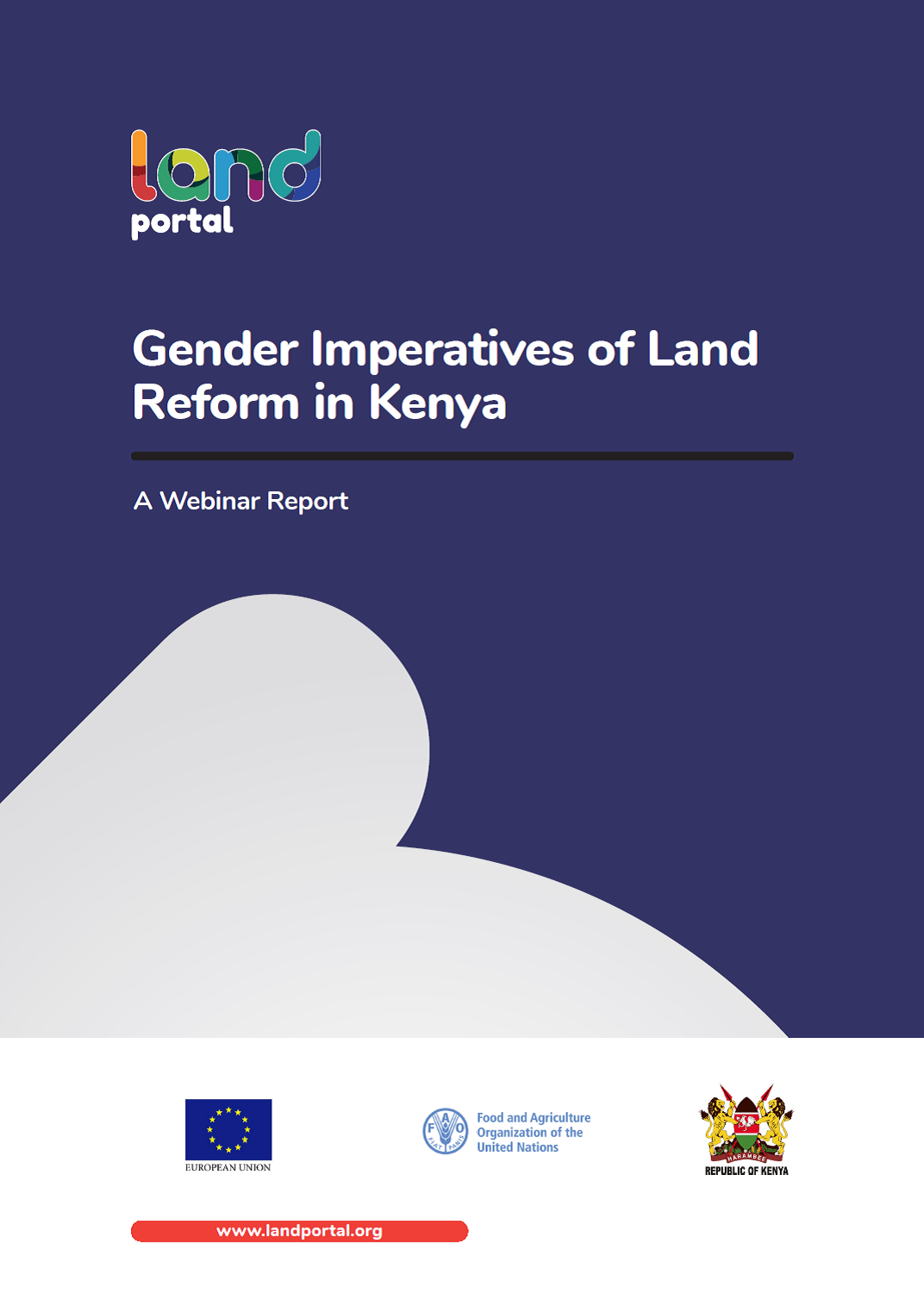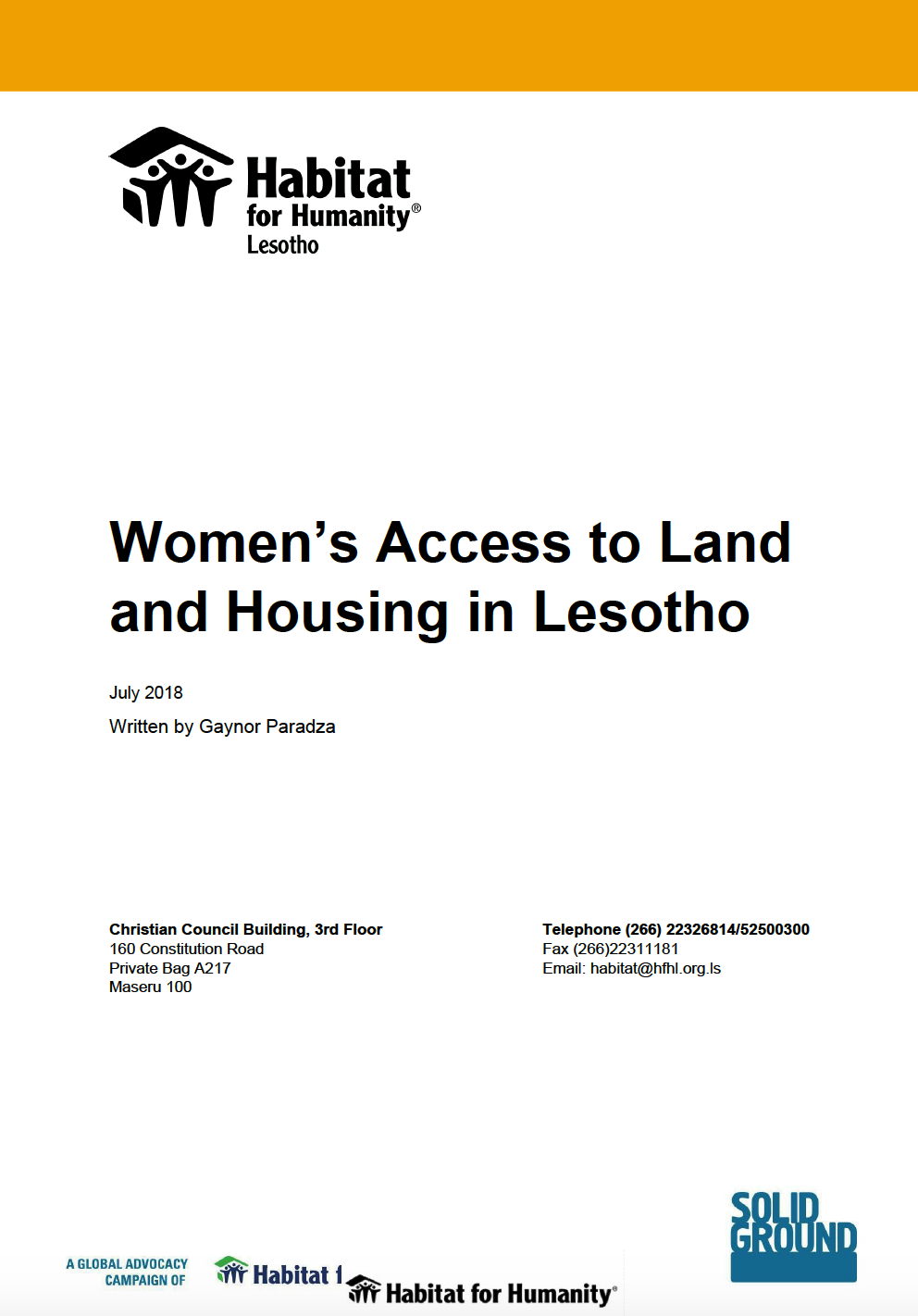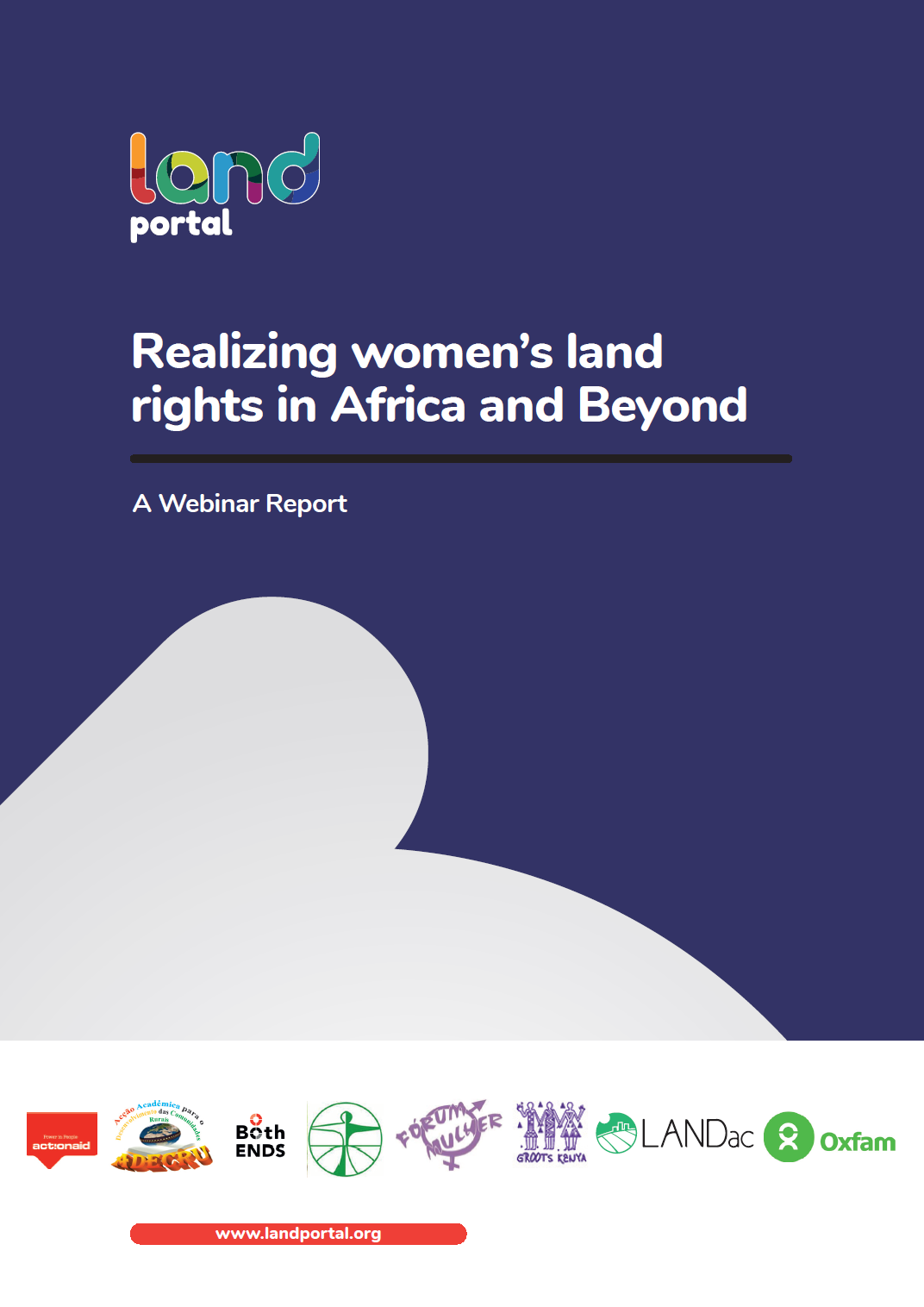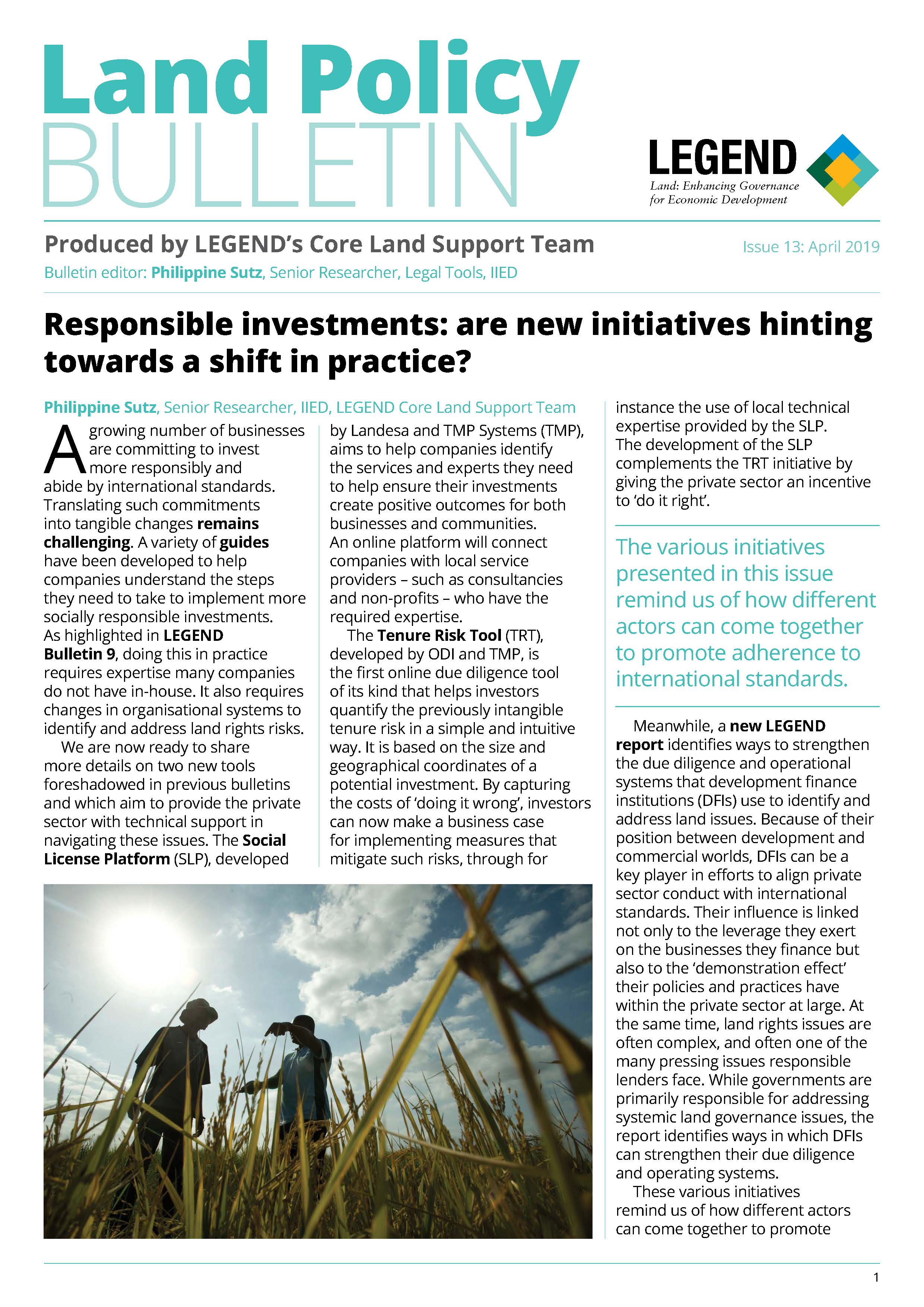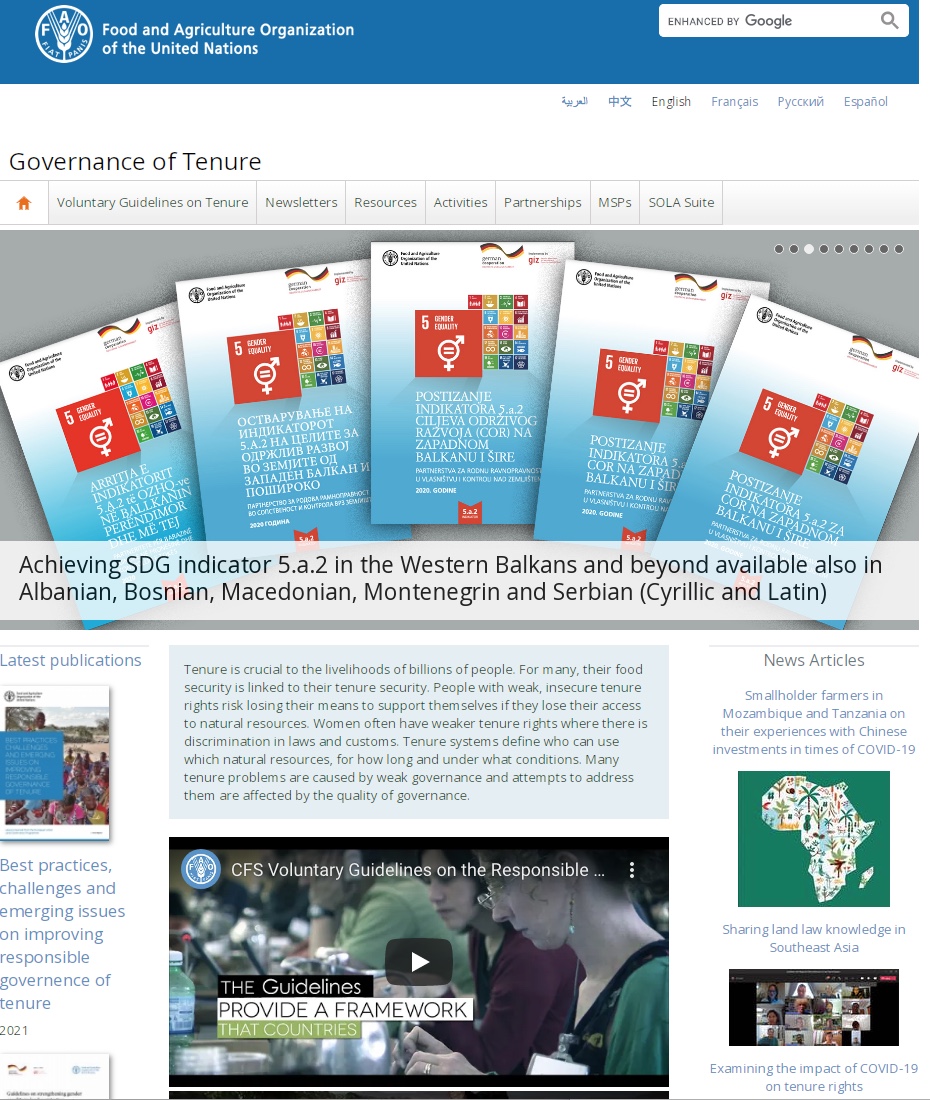Preventing corruption in community mineral beneficiation schemes
This paper analyses patterns of corruption and corruption risks related to community mineral beneficiation schemes (CMBSs) that distribute benefits funded by mineral revenues to communities. It analyses insights from existing scholarship on CMBSs, evidence from seven cases of corruption, and lessons from guidance documents on reducing corruption in the mining value chain. The aim of the paper is to stimulate debate and further research about the suitability of anti-corruption strategies for CMBSs.



